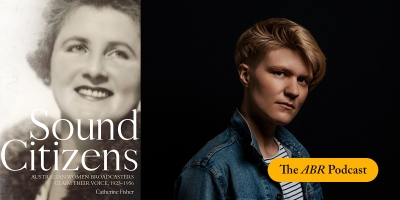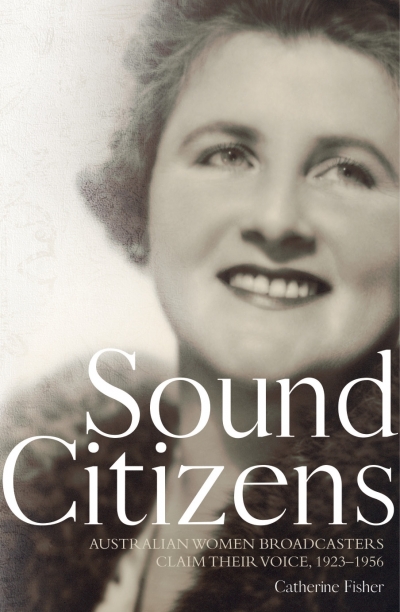Catherine Fisher
In the pre-television era of the early twentieth century, radio reigned supreme. It offered news and light entertainment, but also a means of communion and solidarity for the many women confined to the domestic sphere. In her new book Sound Citizens, historian Dr Catherine Fisher explores how a cohort of professional women broadcasters, activists, and politicians began utilising radio to improve the status and rights of women in Australia. In today’s episode, we hear from writer and historian Dr Yves Rees, who reviewed the book for ABR’s recent September issue. Rees is a David Myers Research Fellow in History at La Trobe University and co-host of the history podcast Archive Fever. Yves has published widely across Australian gender, transnational and economic history, and also writes on transgender identity and politics.
... (read more)


